How to Identify and Eliminate the Source of Boat Odor
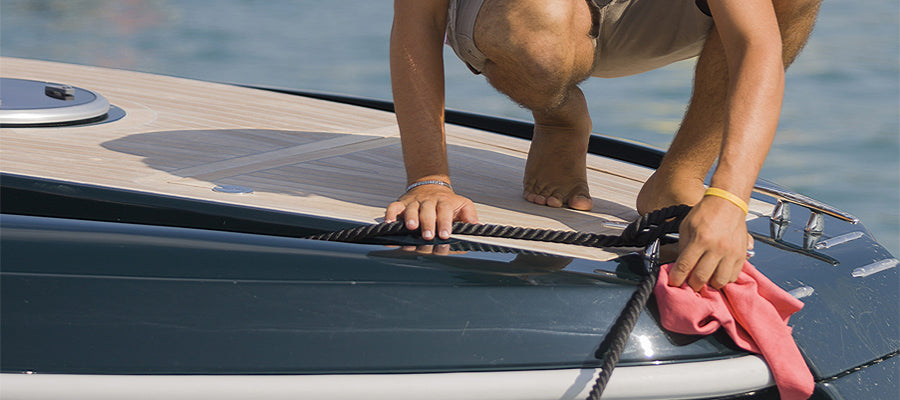
Owning a boat can be one of the most enjoyable and entertaining hobbies out there. On the other hand, a smelly boat filled with foul odors can quickly ruin this experience for owners and their guests. During the off-season, it's almost inevitable that unused boats will accumulate some odors. Adding even more frustration to the mix, these odors are often hard to pinpoint.
Boat odors can come from a variety of sources. It's important to know where and what to look for to completely eliminate the source of the smell. Once you have an idea of where these odor hot spots might be, you can be better prepared to eliminate the odor and prevent them in the future.
Main Culprits of Boat Odor

Marine Head and Toilet
The toilet is an obvious place to check when hunting down odors. It's always a good idea to give the toilet and surrounding area a good scrubbing after extended use or at the beginning of the season. If the smell still persists after a good cleaning, it may be that the discharge hose is beginning to fail and needs to be replaced. To check yours, rub the hose with a cloth and give the cloth a smell test. If this test uncovers odors, then the sanitation hose is compromised and will need to be replaced.
Bilge
The bilge of the boat is another potential source of foul odors. Water and runoff drain into the bilge and can become stagnant. The trick to truly eliminating odors coming from the bilge is to add an environmentally friendly disinfectant to the bilge and any lines that may feed into the bilge. For example, if your air conditioning drains into the bilge, add some disinfectant to the condensation pan drain and let it run to the bilge, eliminating odors along the way.
Cushions and Upholstery
Cushions and upholstery capture and retain smelly odors from consistent use. Neglecting to routinely clean these items will have your otherwise pristine boat smelling like a locker room in no time. Cushion covers should be washed at least once a year to remove surface stains and smells. Follow the instructions for recommended wash methods and allow plenty of time to air dry the covers before putting them back in. If you plan to store your boat during the winter months, remove all cushions and mattresses from the boat to prevent mold and mildew from developing. It's also a good idea to regularly wipe down vinyl seating and upholstery with mild soap and water.
Anchor Chain and Rode Locker
The anchor locker is another source of odor from consistently being splashed by water, mud, and other vegetation pulled in by the line. We recommend frequent cleaning of the anchor locker by first taking everything out and wiping the surfaces down with a bleach and water solution. Once wiped down and clean, let the locker air dry before returning the contents. If the anchor line and chain are covered in grime it may also be a good idea to spray these down with a hose and let air dry on the deck of the boat.
Engine Compartment
Engine compartments can quickly fall victim to unpleasant smells of exhaust, grease, and grime. Start with a good degreaser to remove excessive oil and grime buildup, then switch to a water and vinegar solution to bring the sparkle back to the engine compartment. It's also a good idea to line the bottom of the compartment with oil absorbent pads to catch minor leaks and make cleanup a bit easier.
Food Lockers and the Refridgerator
This one is a little more obvious, but still a major source for nauseating smells in your boat. Be sure to maintain a clean fridge and food storage space to prevent the possibility of lingering odors from any food waste that may have gone unnoticed.
Shower Sumps and Drains
Showers are an easy place for mold and mildew to accumulate on your boat. Most boat owners dread having to clean the shower sump. While we must admit this not our favorite activity either, it must be done on occasion to prevent smells from building up. A thorough cleaning of the shower sump will go a long way in preventing those hidden odors.
Livewell and Bait Well
For anglers, livewells can be an obvious source of foul smells. Livewells are exposed to a lot of bacteria, fish scales, vegetation, and other slimy contents. An unmaintained livewell coupled with the blazing heat of a summer day will certainly cause an unpleasant aroma for those on board. To completely clean out the livewell, we recommend pressure washing the interior of the livewell and scrubbing the inside with a brush. It's also a good habit to maintain clean livewells by flushing them out with fresh city water after each trip on the water.
Published
Recent Posts
Windlass Problems? Common Issues and How to Fix Them
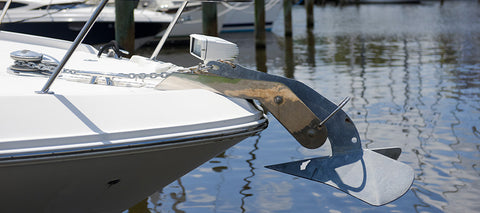
Let's look at common issues with windlasses and how to address them:
1) Windlass Won’t Run in Either Direction
2) Solenoid Clicks, but Windlass Won’t Move
3) Windlass Lacks Power to Haul the Anchor
4) Rode Gets Jammed or Doesn’t Come In
Our history: a 20 year journey

Boat Cleaning Tips for Anglers: Keeping Your Vessel Spotless and Pristine

Avast, Ye Mariners! Master the Art of Docking: A Swashbuckling Guide for Boaters
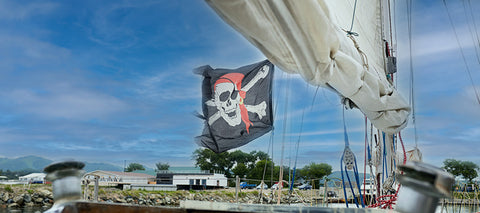
Top Reasons to Keep a Boating Maintenance Log
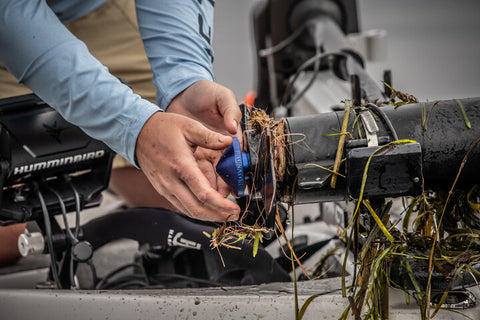
4 Top Tips for Buying a New-to-you Used Boat
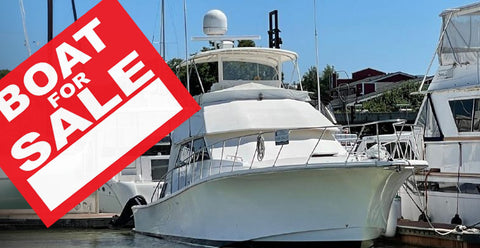
Bent Boat Anchor Shank: Common Causes and Prevention Tips

Prepare Your Boat For An Above Average Hurricane Season
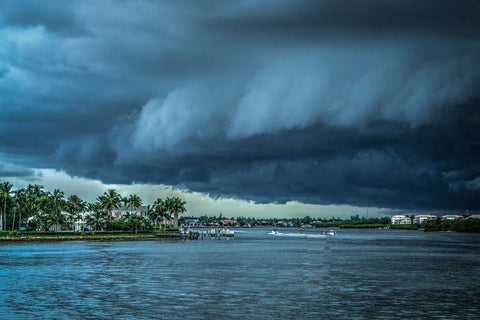
Best Methods For Anchoring Your Jet Ski in Deep or Shallow Water
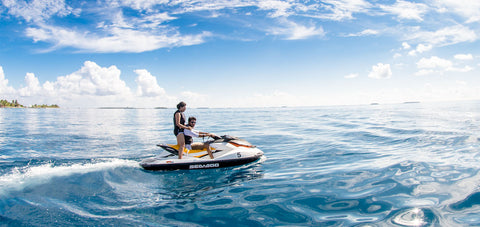
Best Options For Connecting Your Boat To WiFi Internet
